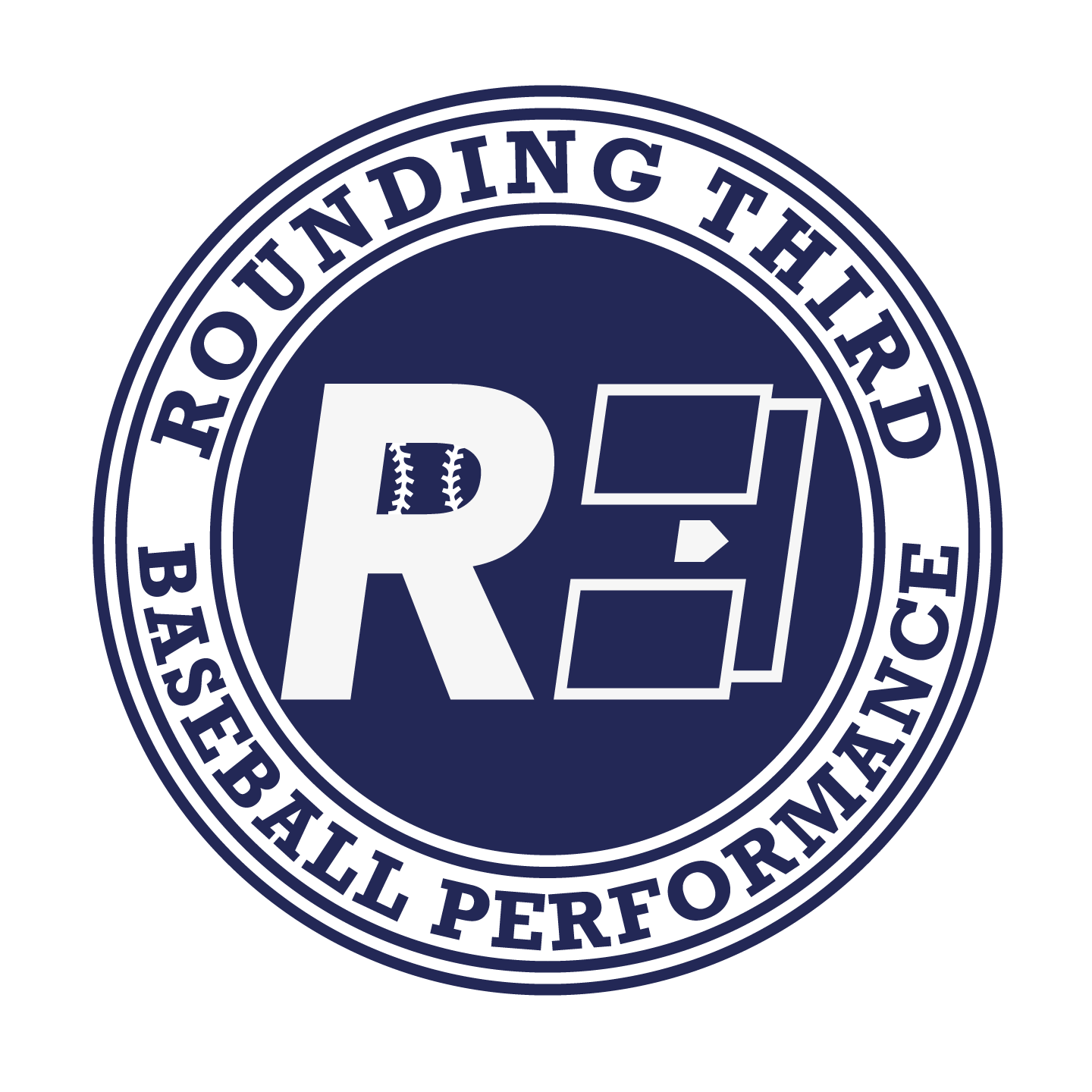Big Picture Development for Youth Players
This is a great way to start off my first blog post for this website. Whether you have met me yet or not, I hope this information finds you well. If you are starting, continuing, or have never been a part of a baseball performance program, there are a couple things you should remember when going through this process.
- Are my expectations realistic and how am I measuring the progress I am making or want to make?
- Does your training program address your deficiencies?
- Does your performance program include fitness, drillwork, practice and game prep, and a structure that helps you understand where you are trying to progress to?
- Are you able to get in depth during instruction and repeat what you are learning outside of instructional sessions?
- Is your mindset more focused on immediate results or are you excited, optimistic, and bought-in to the idea that 6-12 months from now, I could see major change?
Asking yourself some of these questions is important due to the investment in time and financial commitment that often goes in to being a competitive athlete. If your mindset is right, your potential for growth and learning could be very high.
Lets address that first question:
- Are my expectations realistic and how am I measuring the progress I am making or want to make?
- My opinion: You should always start with a qualified professional assessing your baseline strengths and weaknesses. If you are not evaluating yourself at the beginning, how can you track your progress? At certain checkpoints in your weeks of training, you should be able to easily re-evaluate how you are doing through video, changes in strength, velocity readings, etc. Having all this not only helps the professional giving you the guidance, but also is a great tool for you to realistically evaluate yourself against other players. My recommendation would be to go out and watch other players who are slightly older or above your level. It helps to understand the type of changes and growth that need to happen to compete at a certain level.
Next question:
- Does your training program address your deficiencies?
- Like I said above, evaluation is key early on. Your program has to expand your strengths and get them to be your ultimate highlights, but cleaning up deficiencies will allow your "ceiling" for speed, athleticism, coordination, and overall efficient movement to be higher.
Addressing your program:
- Does your performance program include fitness, drillwork, practice and game prep, and a structure that helps you understand where you are trying to progress to?
- Your program needs to be comprehensive. In my opinion, you should be getting in depth instruction on a weekly basis while measuring what is most important (example: bat-speed). Outside of instruction, you have to be replicating what you learn and, honestly, it should be pretty well mapped out for you. You will waste money and time if you aren't able to replicate what you learn at an instructional session. Fitness and skilled sports are not two separate things in my mind. You have to do them both to be a high level athlete and the coaching and instruction you get are very similar in terms of teaching motor learning. Instruction should include proper warm-up and mobilization of tissues, drill-work to improve mechanics, individualized mental approach through proper cues, individualized functional and specific fitness from a qualified professional, and evaluation.
Stick to the program:
- Are you able to get in depth during instruction and repeat what you are learning outside of instructional sessions?
- Training should be detailed and you should be getting equipped with tools to understand how to fix problems and repeat successes. You should have a program that is repeatable and structured in a manner that is easy to follow.
Keeping your outlook realistic:
- Is your mindset more focused on immediate results or are you excited, optimistic, and bought-in to the idea that 6-12 months from now, I could see major change?
- If your expecting quick change to happen, your probably setting yourself up for frustration. Training is all about the journey. Learning to be patient with your progress and trusting the development process is not easy. The minimum length of time it takes your nervous system to make permanent changes is 8-12 weeks. Some people do see quick change to their game, but understand that you should not expect that. Major change is very realistic in 6 months of proper programming.
